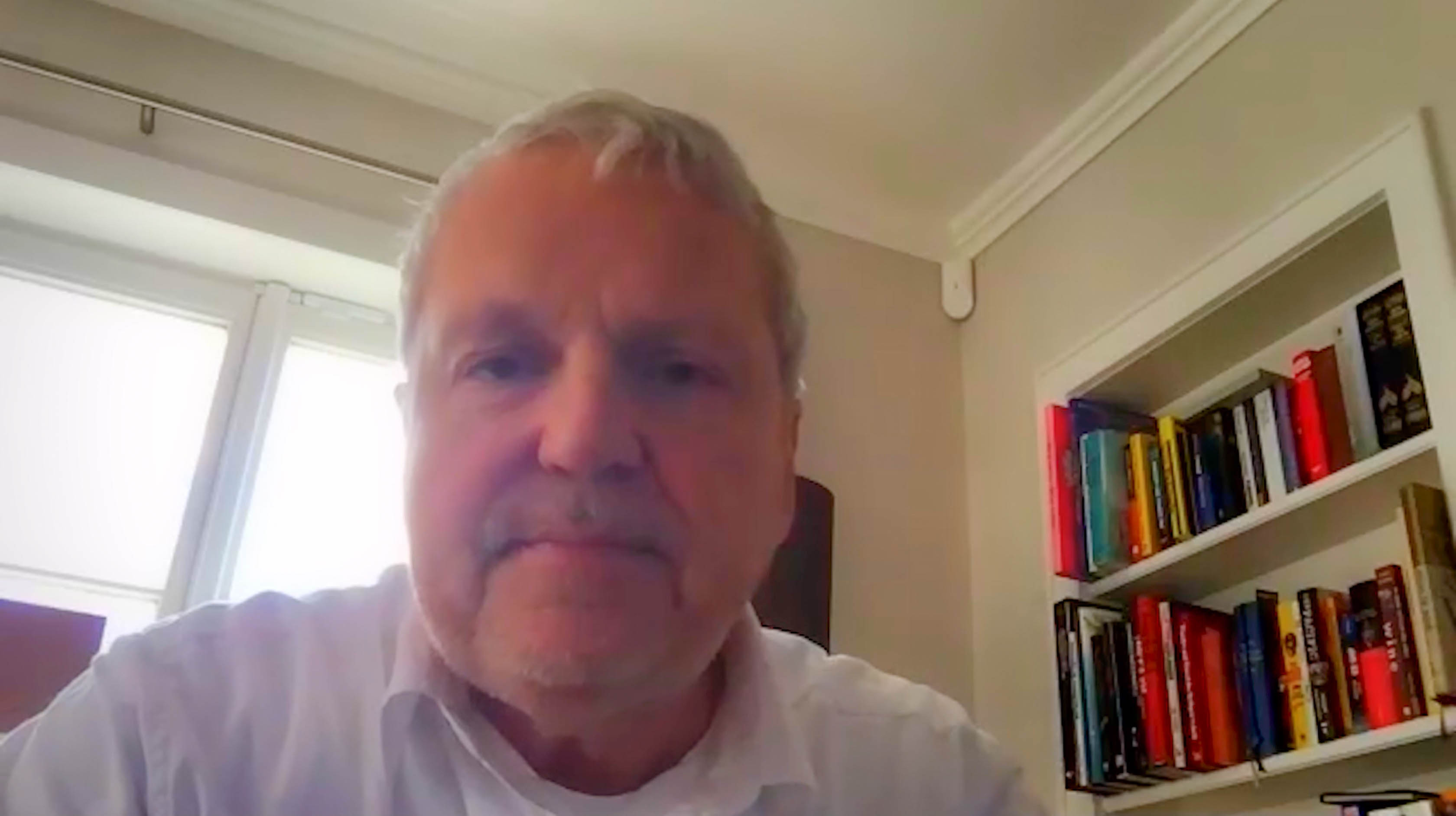
Leadership: Negotiating Large Contracts
Former CEO at Nordzucker AG
inpractise.com/articles/leadership-negotiating
Why is this interview interesting?
- The importance of letting employees do their job and allowing them to take the credit for success
Interview Transcript
How did you approach negotiation with those big customers? I guess you had quite a consolidated customer base in those sugar food manufacturers? Did you have any tough conversations? How did you navigate those difficult negotiation processes with those customers?
I never did any price negotiation myself, with the large customers, simply because my people were in charge of that. I didn’t want to take them away from that. I also didn’t want to take the pleasant feeling away from them, when they nailed a contract with one of the large customers. But also, I met all the CEOs of these large customers, regularly, at various political things, in Berlin; talks with the government. So we were often meeting, not only the politicians, not only the Prime Ministers of Federal States, not only really high ranked politicians, but you would always meet them together with these CEOs of the big food manufacturers. You don’t want to talk with those guys about prices because you have other goals that you want to go for. For example, we have an issue here with import or export restrictions, whatever the case may be. This is what you want to talk with them about and not things such as prices.
Having said all that, there were two occasions where it interfered. On one occasion, one of the large customers jumped off and said, okay then, I will buy from somebody else. I called him up and said, look, I heard what happened. We talked, at length, over the phone and then I asked him, just for his permission, if my top man could call him the next day and sort things out. Then finally, he agreed and my guy called him up the next day and it was all sorted out and it ended up in a contract. I didn’t do any negotiation.
The second time, I did meet the CEO of a large food manufacturer in his office. I went all the way to his office, in order to somewhat, save the contract. It was really funny as I came to the reception and they let me wait there for 10 minutes. Then he came down himself, picked me up, showed me his office and we sat down in his office. I said, I don’t have an office bag with me; I don’t have a Samsonite with me, I have no calculator; I come empty handed, I said. I thought it was funny; he didn’t think it was very funny. But at the end of the day, we agreed, again, that the next day we would start renegotiation again and that’s what they did and, after seven days, it was all done. I never, ever negotiated a price in sugar, myself.
Why did you choose to let your sales guy to follow up and negotiate, versus to solving it with the CEO or get into details with them?
Because, first of all, he would know all the details much better than I would. People say sugar is a commodity, but it’s a product that has so many different quality aspects. There are freight issues. To move sugar from A to B is of such an importance, where very simple questions like, the customer wants to pick up the sugar at his discretion, up to 10 o’clock in the evening, but if we allow that, that would basically mean that I have to employ an extra shift for two people, so it will cost me extra money. All these calculations my people knew best. I didn’t know all those details, firstly.
Secondly, if I ever did finally negotiate such a contract, I run the risk that my top man, who I really respected, because he is a top man, that he would say, okay, fine. If he didn’t like that, then he can do it all on his own. You could terribly demotivate your own people. What you should do is – and obviously, it’s the way that we have done it – that you call the top guys and then I went straight back to him and said, look, I called him. This is what we discussed; please pick it all up tomorrow. Maybe there have been some misunderstandings and I have explained the situation. Then it was picked up again. In both cases, to get the contracts, it was their achievement, and not mine. It was theirs and that was important, that they could come back and say, finally, I nailed it. That I could help and assist him a little bit, fair enough. He would always recognize that and he would also confirm that, if ever asked. It was not about me; it was about him being able to say, look, I did it. That was important.
Related Content
Copyright Notice
This document may not be reproduced, distributed, or transmitted in any form or by any means including resale of any part, unauthorised distribution to a third party or other electronic methods, without the prior written permission of IP 1 Ltd.
IP 1 Ltd, trading as In Practise (herein referred to as "IP") is a company registered in England and Wales and is not a registered investment advisor or broker-dealer, and is not licensed nor qualified to provide investment advice.
In Practise reserves all copyright, intellectual and other property rights in the Content. The information published in this transcript (“Content”) is for information purposes only and should not be used as the sole basis for making any investment decision. Information provided by IP is to be used as an educational tool and nothing in this Content shall be construed as an offer, recommendation or solicitation regarding any financial product, service or management of investments or securities.
© 2025 IP 1 Ltd. All rights reserved.


